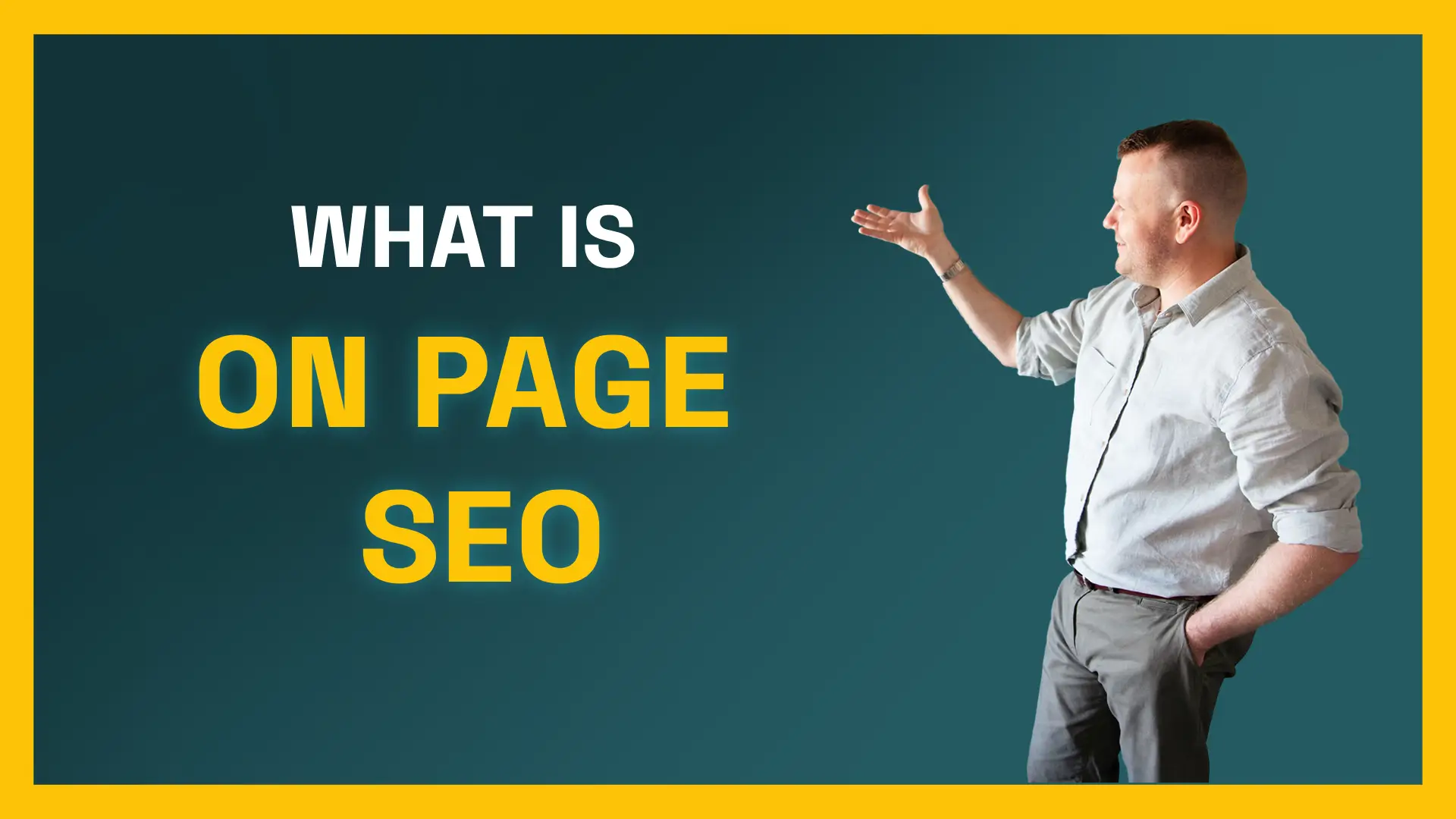
Understanding On-Page SEO
On-page SEO involves optimising the elements on your website, including content and HTML source code, to rank higher and earn more relevant traffic from search engines (Source: Search Engine Journal). It’s about making your website more accessible and understandable to search engines and users.
Why On-Page SEO is Essential for Your Business
- Improved Search Engine Rankings: Properly optimised pages rank higher in search engine results pages (SERPs), making your business more visible.
- Enhanced User Experience: On-page SEO isn’t just for search engines. It also involves improving the user experience, making your site more navigable and user-friendly.
- Increased Organic Traffic: By ranking higher in SERPs, your website can attract more organic traffic, which is often more sustainable and cost-effective in the long run.
Key Elements of On-Page SEO
- Title Tags: The title tag on each page tells search engines what your page is about. It should include your target keyword and be both concise and informative.
- Meta Descriptions: These provide a brief summary of your page in SERPs. A well-crafted meta description can improve click-through rates.
- Header Tags (H1, H2, H3, etc.): Using header tags helps organise your content for readers and search engines.
- URL Structure: URLs should be simple, readable, and include keywords where appropriate.
- Alt Text for Images: Alt text describes images to search engines and helps in image-based search results.
- Page Content: The content on your pages should be high-quality, relevant, and optimised for both your audience and search engines.
- Internal Linking: Linking to other pages on your site helps search engines understand your site structure and can keep visitors engaged longer.
On-Page SEO in Action
A study by Backlinko showed that pages with a longer, more comprehensive content tend to rank higher in search engines. This underscores the importance of well-optimised, quality content.
Best Practices for On-Page SEO
- Mobile-Friendly Design: Ensure your website is responsive and mobile-friendly. More people are using mobile devices to search and browse the internet.
- Site Speed Optimisation: Page loading speed is a ranking factor. Fast-loading pages provide a better user experience.
- Regularly Updated Content: Keep your website content fresh and updated. This signals to search engines that your site is relevant and well-maintained.
In Summary
At Onside Online, we understand that on-page SEO can be complex. We offer services in website redesign and new website creation that incorporate all aspects of on-page SEO, ensuring that your site not only ranks higher but also delivers a fantastic user experience.
If you’re looking to optimise your website’s on-page SEO, get in touch with us. We can help you make every page on your website an opportunity to attract and engage more customers.
